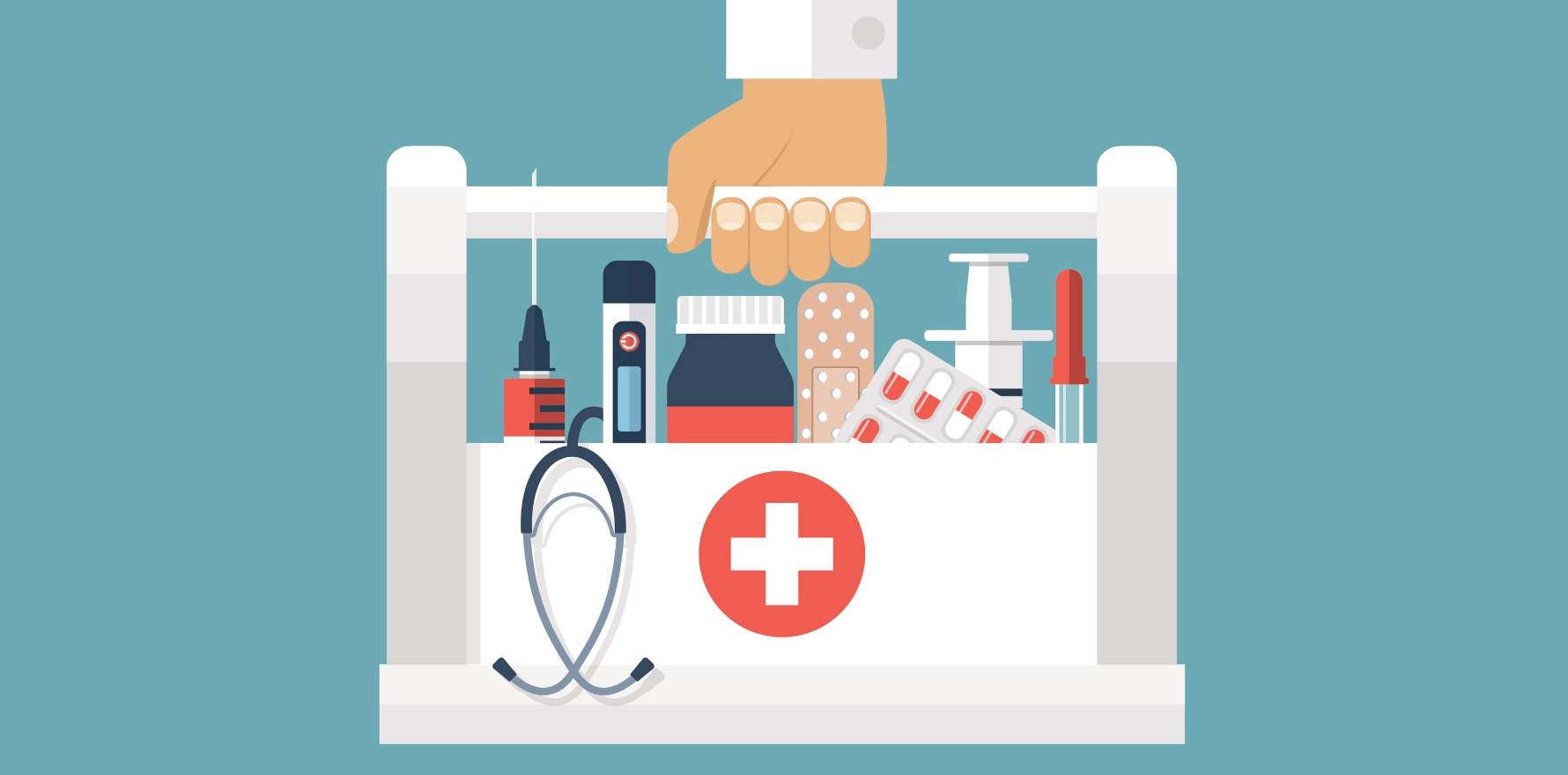Home tests are coming, and as we prepare to open up again, here are the thoroughly vetted options we have for treating the illness.
Australia is changing tack from covid-zero to covid-normal.
Here’s a look at the tools we currently have to manage, rather than prevent, the virus.
And no, none of them are ivermectin.
Health Minister Greg Hunt today announced that the TGA have approved rapid antigen tests for use at home, beginning 1 November.
The tests will be sold in pharmacies at a direct cost to consumers, who will then administer them unsupervised.
The reporting pathway is still unclear.
“It will be subject to state-based public health orders, but we would hope that everybody is reporting the positive cases, because I think that’s a critical step,” Mr Hunt said.
“But the specific rules will be determined by the medical expert panel, as they should be.”
Although no tests are listed on the ARTG yet, companies will be able to apply before the end of the week.
In a presentation to the media today, National Covid-19 Clinical Evidence Taskforce executive director Professor Julian Elliott outlined the group’s current drug treatment recommendations.
Currently, the only drug to have reached a strong “recommended” status for adults and pregnant women – i.e. NCET feels there is sufficient data pointing to its benefit in covid patients – is dexamethasone.
The drug is also conditionally recommended for children and adolescents.
Drugs including tocilizumab (Actemra, Roche), baricitinib (Olumiant, Eli Lilly) and sarilumab (Kevzara, Sanofi-Aventis) are conditionally recommended for use in adults who require oxygen, with only tocilizumab to be considered for pregnant women or children.
Remdesivir (Veklury, Gilead) is conditionally recommended for covid-positive adults, including pregnant women, with moderate to severe illness, but cannot be used routinely in children or adolescents.
According to Professor Elliott, the medicines to watch are the monoclonal antibody combination of casirivimab and imdevimab (REGEN-COV, Regeneron) for non-severe illness, as well as sotrovimab (Xevudy, GlaxoSmithKline); both have recently been classified as conditionally recommended.
“Consider using [sotrovimab] in people who do not require oxygen, have mild covid with symptoms less than five days and risk factors for severe disease,” he said.
“In addition, [NCET] give a consensus recommendation that this drug should be considered for use in all immunosuppressed patients, but not routinely used in fully vaccinated patients.”
Mr Hunt recently said the drug was producing “promising results” in hospitalised patients, and consequently the government had quadrupled its purchase of sotrovimab from 7700 units to 30,000.
Professor Elliott also listed the drugs which NCET felt had sufficient data to be ruled out as covid treatments.
Among these are azithromycin, aspirin, convalescent plasma, hydroxychloroquine and colchicine.
Ivermectin is listed as not to be used except in randomised trials, thanks to the poor quality of available evidence.
The NCET executive director does not envision the antiparasitic progressing until the results from two large trials – PRINCIPLE at the University of Oxford and the Together Trial at McMaster University – are published.
“All we can say is that there’s insufficient competence in the data so far,” he said.
“A lot of this comes down to the quality of the trials that have been reported so far.
“Unfortunately, they are largely very low quality and low confidence, and therefore, we can’t say one way or another whether ivermectin is effective or not.”
He also directly addressed the belief that approval bodies were biased or held a secret agenda.
“We don’t pick winners, we just we look at the data,” Professor Elliott said.
“None of the considerations about whether it’s from a particular company or manufacturer have any bearing on how we appraise those data.”





